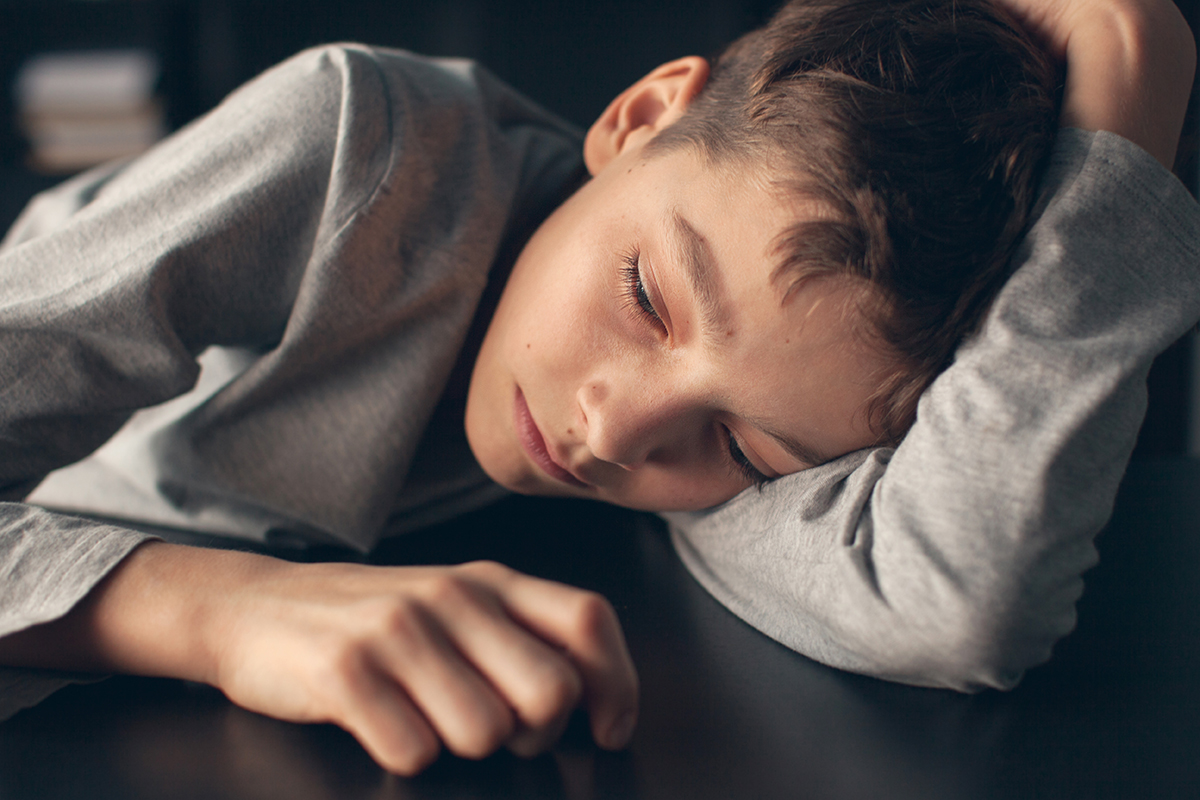As a parent, you may feel reluctant to discuss topics that could distress your teen. We love our kids and would protect them from every harm if we could. Unfortunately, the reality is that your child likely has many worries swirling through their head already. By not bringing up difficult subjects, you’re ignoring an important opportunity to teach your child how to handle stressful situations. That’s why you should discuss topics like the coronavirus pandemic with your teen.
How Has the Coronavirus Pandemic Impacted Teen Mental Health?
Sometimes teens won’t bring up their worries themselves because they don’t know how to put their thoughts and emotions into words. That’s where you come in. As a parent concerned about teen mental health, you can create a safe space for your child to have these difficult discussions by being the first one to broach the subject. COVID-19 is one such topic. Venture Academy has heard many inquiries from concerned parents who don’t know how to talk to their teens about the coronavirus pandemic – or if they even should worry their child by saying anything.
With the coronavirus, it would be shocking if your teen wasn’t already worrying about it on their own. According to research reported by the Centers for Disease Control and Prevention, young adults are seeing higher adverse mental health impacts due to coronavirus-related stress than most other age groups.
Teens have felt the impact of the virus in many ways already, through canceled school and shifts to remote learning. This has caused a serious disruption in their regular social lives. Teens may even have known people who were sick or passed away due to their illness from the virus. Many other worries may be floating through teens’ minds right now. What if their parents or someone else they love gets it? What if their parents lose their jobs? When will their sports and clubs and other activities get back to normal?
Talking to Your Teen About the Coronavirus Pandemic
By discussing these difficult topics, you’re modeling healthy stress management behaviours with your teenager. Be open with them about how you’re feeling throughout the pandemic as well. Share, for instance, that you also have worries. Explain the strategies you’ve been relying on yourself to adapt to this new reality.
End your conversation on a positive note, saying that you know your family can get through this situation. Finally, remind your child that they can always come to you if they have questions or worries. You may not have all the answers, but talking things through will make them feel better.
Productive Stress Management Ideas for Teens Worried About COVID-19
Children often have a strong sense of passion and justice. They want to make the world a better place. If you are finding your teen is down right now, help them brainstorm ways you can help other families during the coronavirus pandemic. This will channel your child’s emotions into a productive outlet and reduce their feelings of powerlessness. Volunteer to mentor a younger student in the school district. Host an online fundraiser. Many nonprofits are still in deep need of volunteers, so if you’re comfortable venturing out in person, see if your local food bank has a shift you can sign up for. Sew masks together. Host virtual club meetings online so your child feels less isolated from their friends.
Venture Academy Is Safely Treating Kids During the Coronavirus Pandemic
Venture Academy is still open and providing service to struggling teens, even during the coronavirus pandemic. We have multiple safety measures in place to ensure your child’s health. We are still offering the following treatment options for teens:
- Drug and alcohol treatment
- Individualized counseling
- Residential treatment
- Electronic addiction treatment
- School programs and academic support
If your child requires support you can’t provide, contact Venture Academy at 866.762.2211 today to speak to our trained staff about a consultation. Our structured, therapeutic environments provide an emotional release for teens while monitoring their physical health for any signs of the coronavirus. And due to our close supervision, children remain engaged in their academics the entire time.







